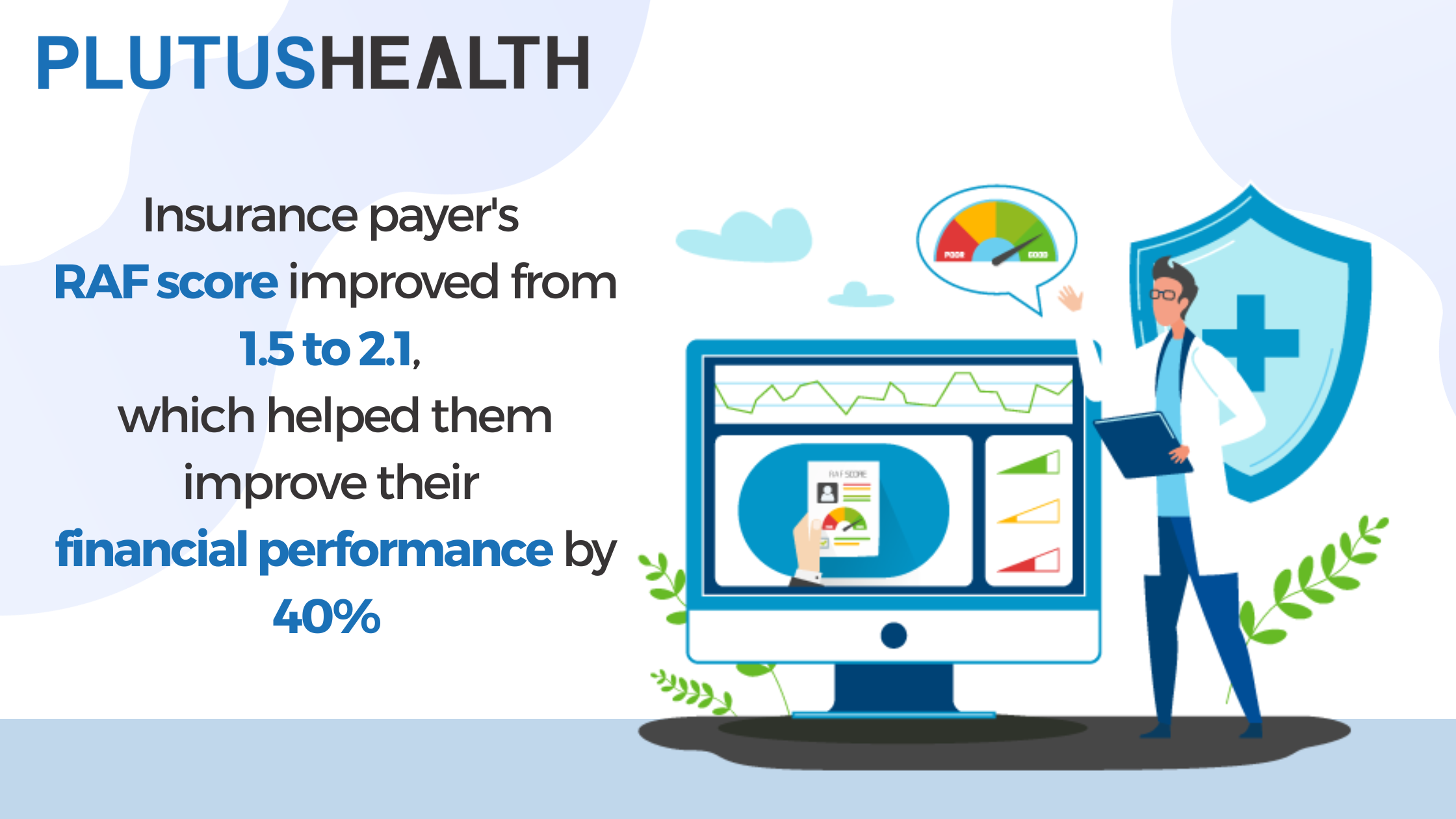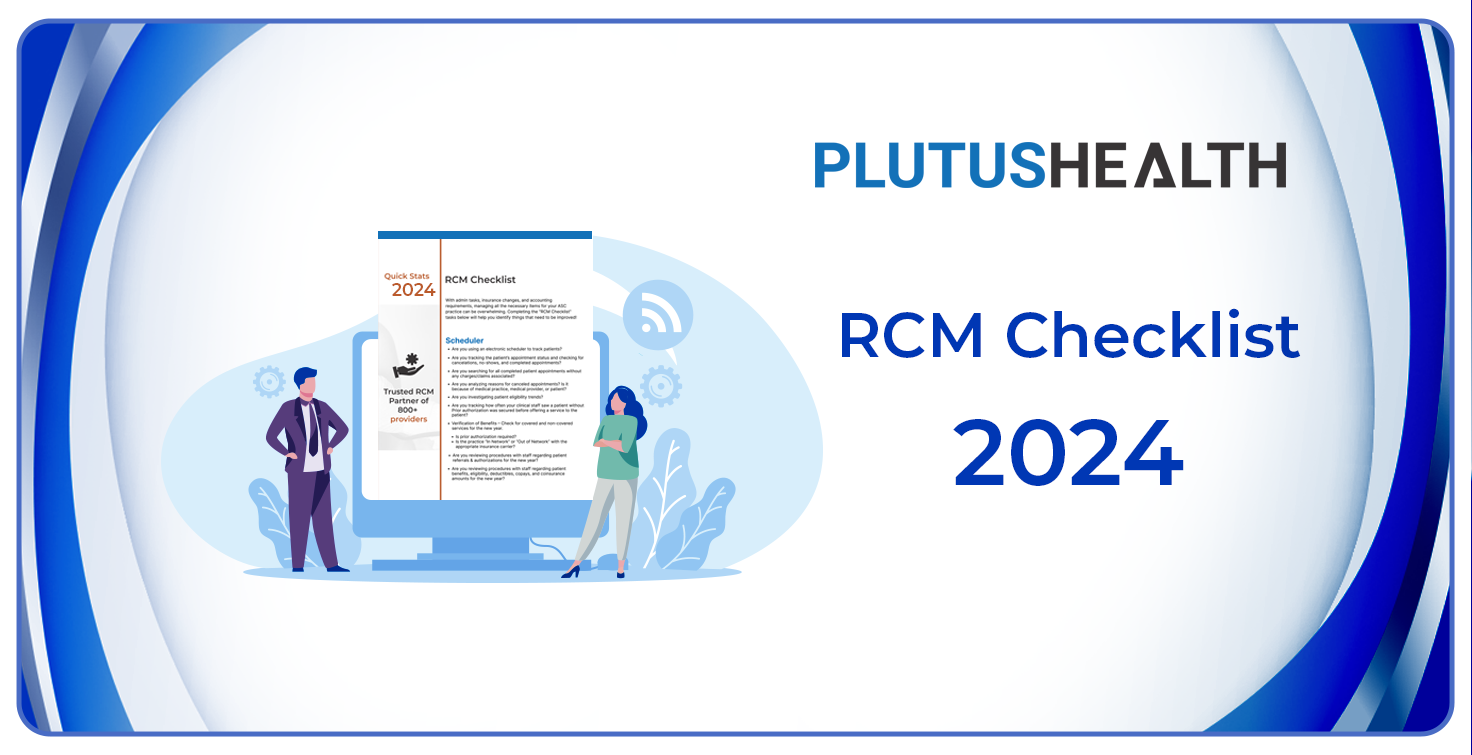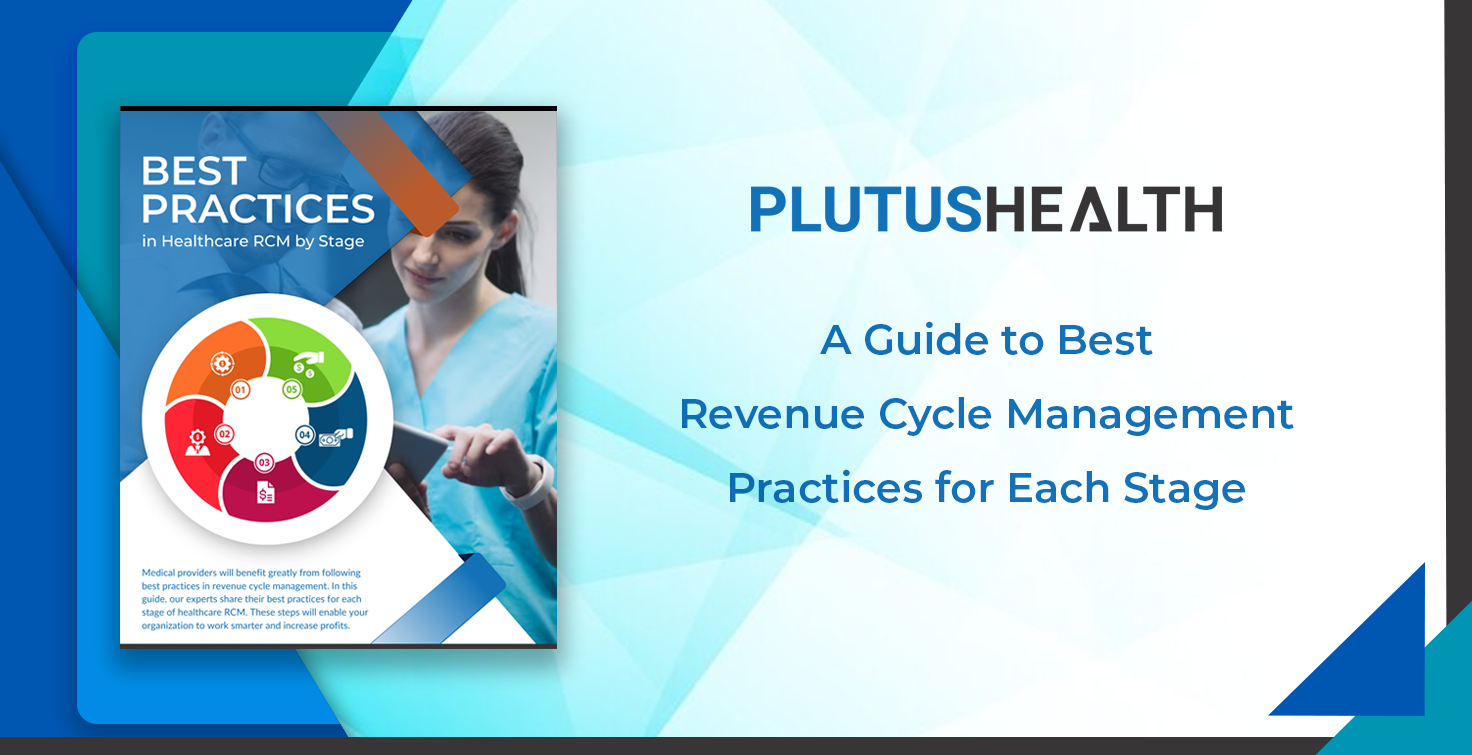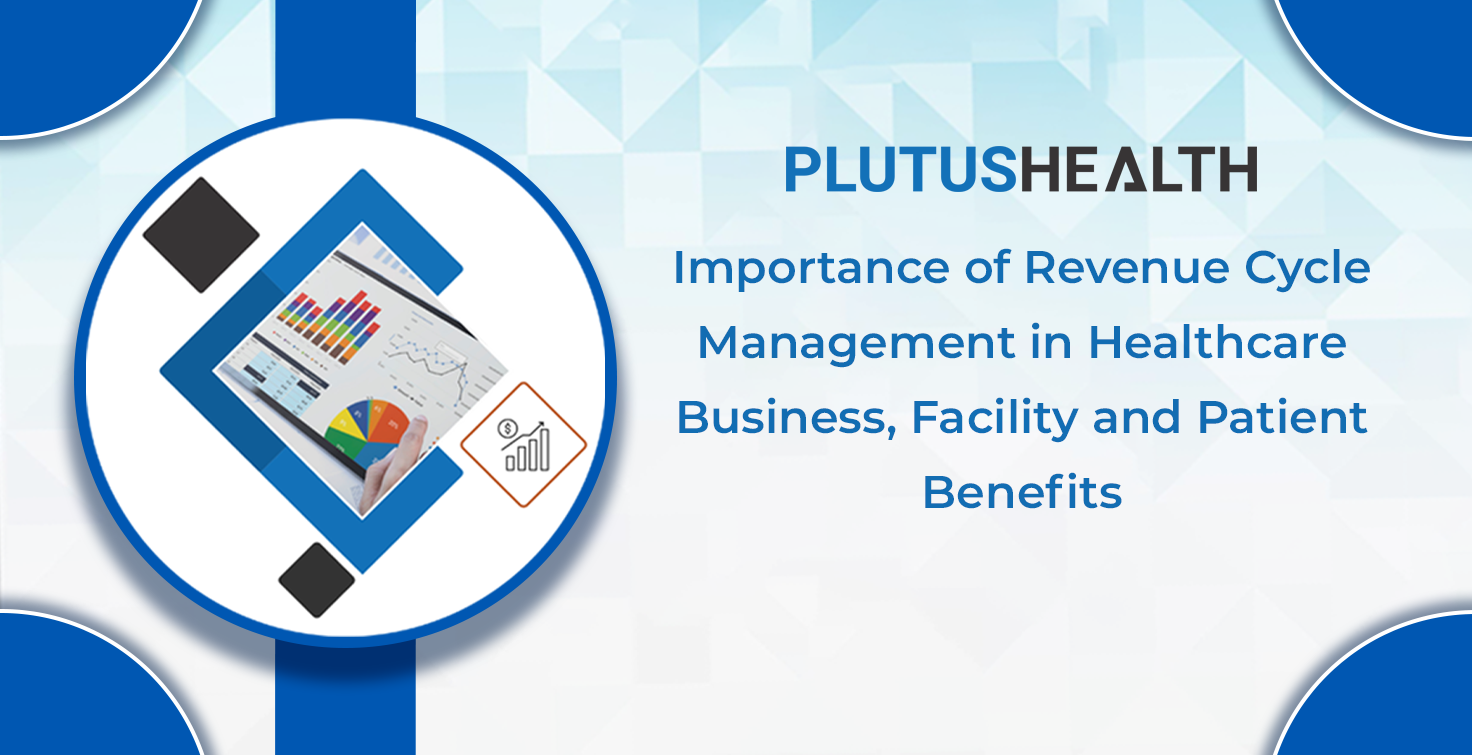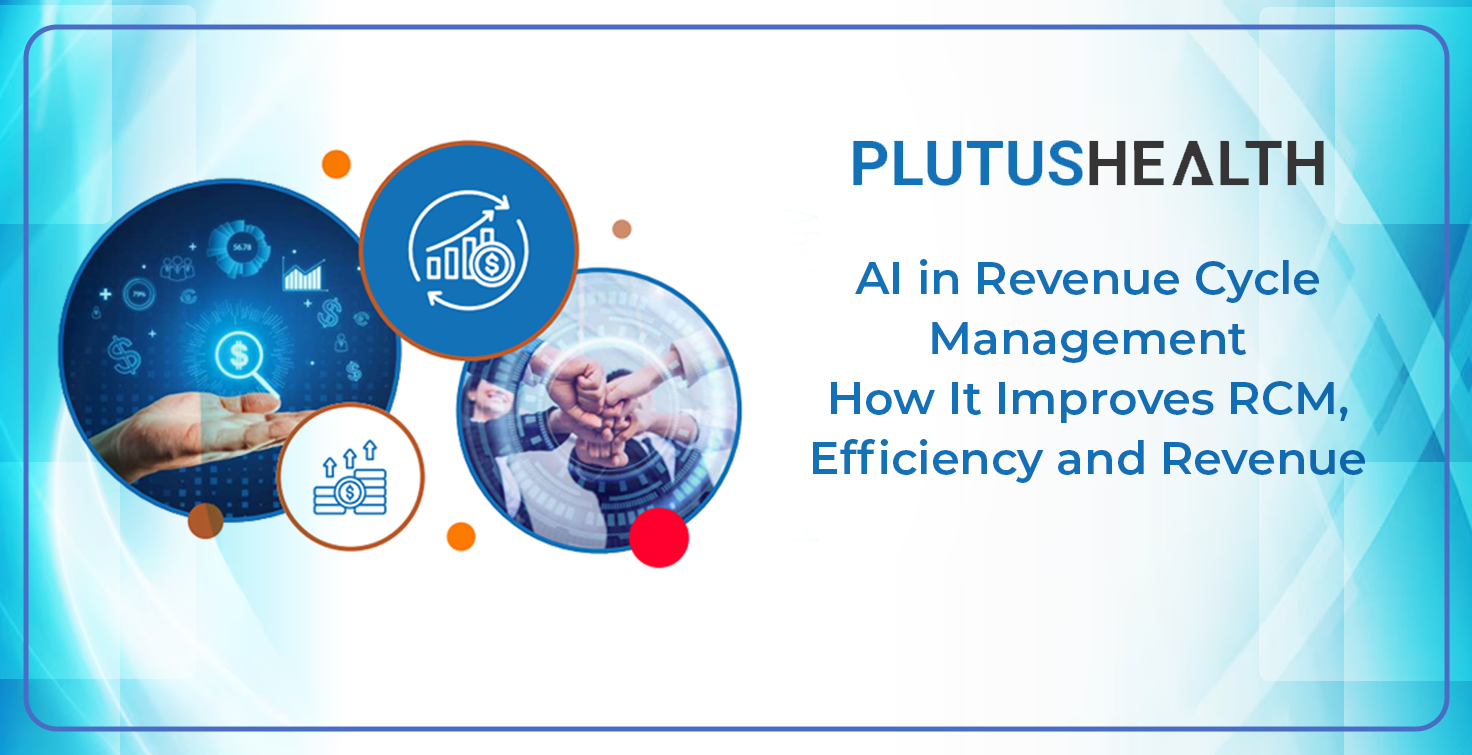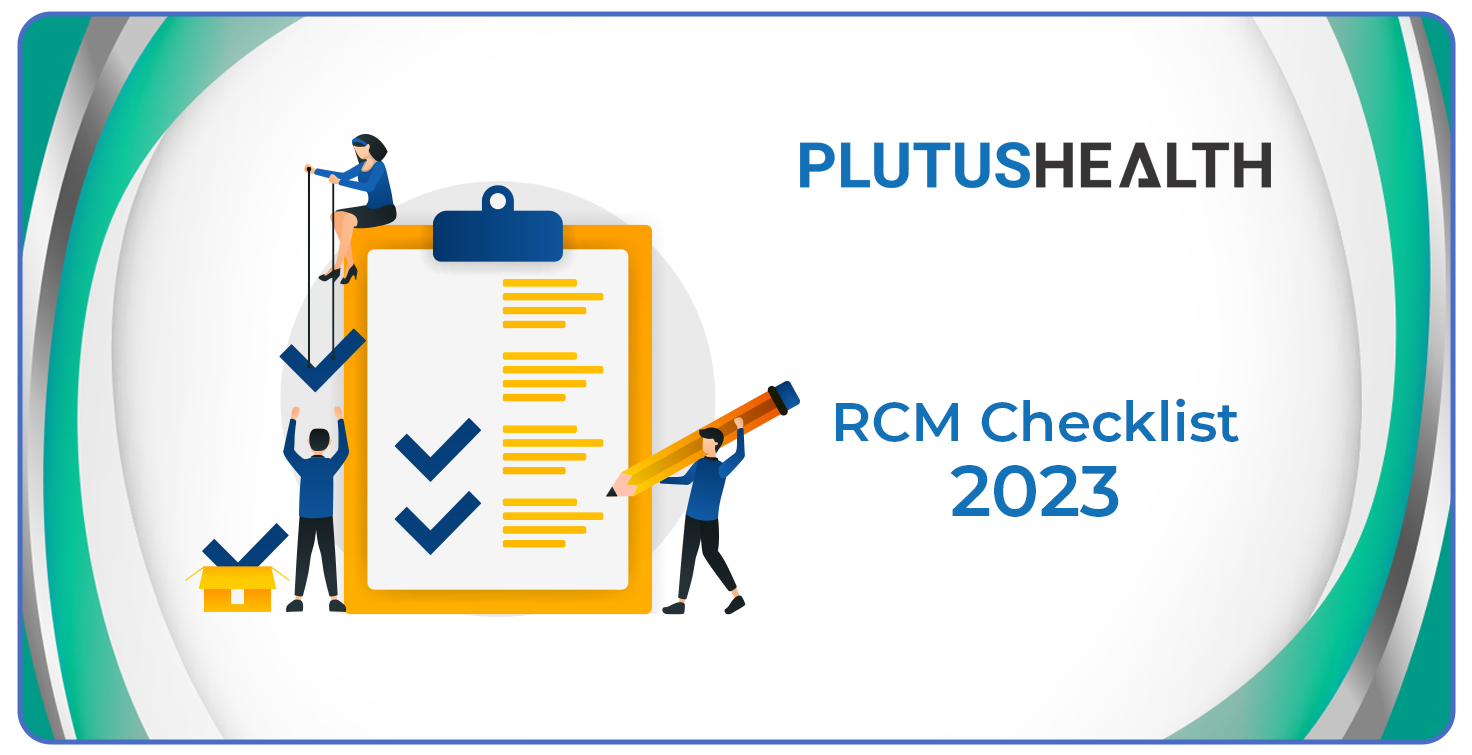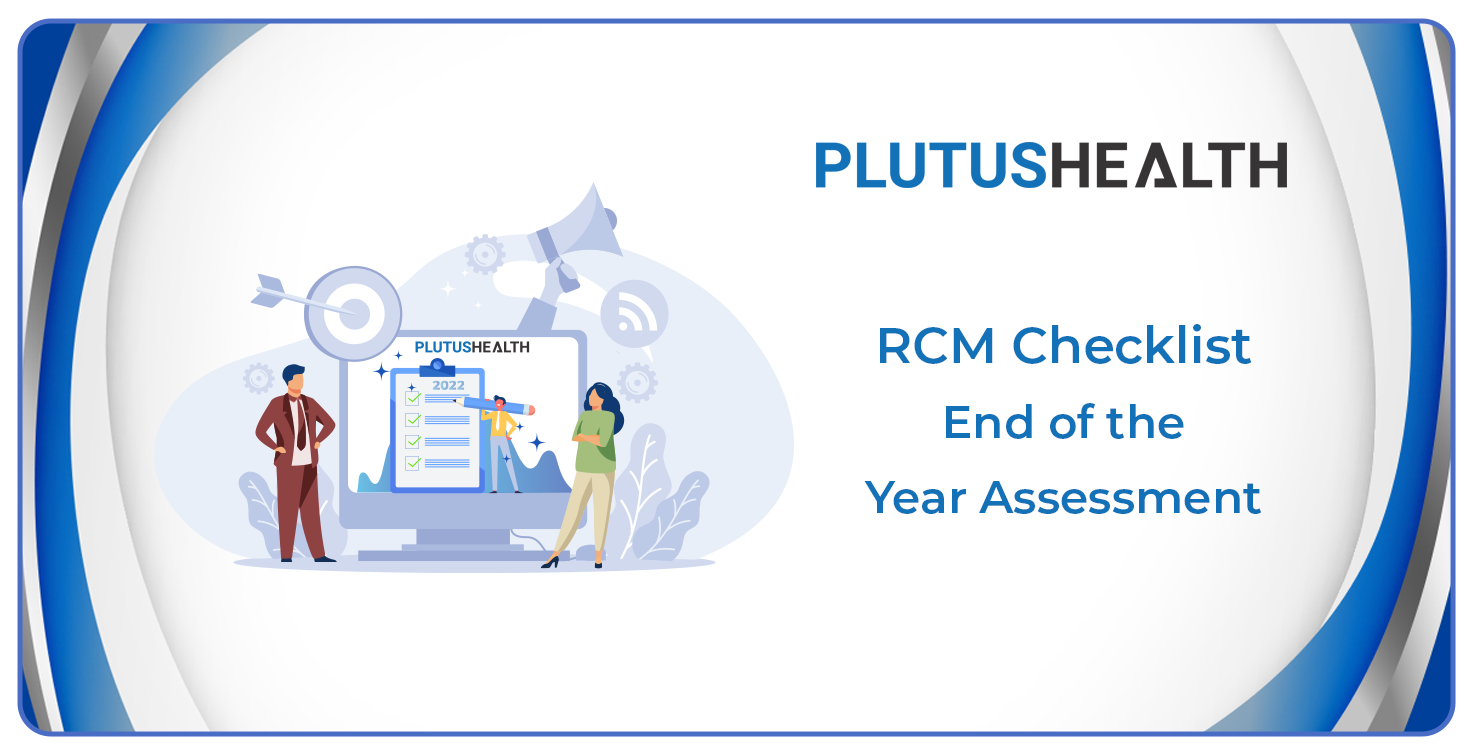RPA in Finance
Introduction
Financial organizations and financial departments within many companies are inundated with paper accumulation. Their day-to-day job involves filling and entering several forms, declarations, and applications,reviewing them for completeness, matching those with other documents and files,and processing the collected data for easy retrieval. Performing such tasks manually is not only time-consuming but also leads to errors. This is where robotic process automation (RPA) makes a difference.
RPA has significantly streamlined a wide variety of administrative work that once grounded the staff of financial institutions. By substituting humans with RPA bots for undertaking manual and monotonous tasks, CFOs are successfully curtailing manual intervention, thus, transforming elements from expenditures and staffing issues to efficiency and performance levels. With RPA bots at their disposal, CFOs are significantly enhancing their workforce efficiency, reducing operational costs, and improving customer experience.
RPA in Action
As per Horses for Sources reports, the global market for RPA has transformed drastically over the years. In 2016, the RPA market witnessed a boom of $271 million and is expected to reach $1.2 billion by 2021 at a compound annual growth rate of 36%. RPA is an ideal tool for integrating already existing systems with newer applications. RPA bots can handle the data entry with more speed and accuracy than humans. If needed, they can perform during non-business hours using minimal network resources.
According to industry research, RPA can drive 25-50% cost savings by automating rule-based, repetitive tasks. Financial organizations have started employing RPA bots, which imitates user actions that decreases and/or eliminates manual efforts. These RPA bots can be deployed24/7, reducing latency and driving higher productivity levels.

The finance industry is process oriented. Every financial activity goes through a rigorous process to avoid human errors.However, due to the repetitive nature of the tasks, the probability of human error increases, which in turn could produce results of catastrophic financial losses. One way to transform the finance industry is by using RPA, improving the tempo and precision of financial processes.
Challenges that CFOs can solve with RPA
CFOs are not tangled. to back office duties. Today, they have an important role to play in their organizations. They are considered the driving force behind a company’s digital transformation.
They encounter various obstructions in their way. Therefore, they strive to invest in innovative technologies such as RPA. There are numerous challenges in the finance industry; therefore, RPA is the need of critical importance.
Some of the items below are the most common challenges that CFOs face on a day-to-day basis and how RPA can help overcome those challenges:
· Receiving Budget Approval
CFOs often deal with business proposals that are without merit in terms of potential overall benefits or recognizable ROI. However, The RPA concept enables financial leaders to create a business case, delivering significant value to their company.
RPA ensures business process improvement across the enterprise and supports both virtual and human workforces alike. This increases the probability of seeking approval from the stakeholders in a budget meeting. On the automation investment, RPA provides greater ROI and delivers enterprise-wide business process improvement.
· Simplifying Business Processes
Financial institutions undertake various business processes such as revenue management, financial planning, accounts payable and receivable, and cash disbursement, among others on a daily basis. CFOs often struggle to make these processes efficient.
Approaching this challenge with RPA, the expected efficiency can be achieved with the help of process simplification and standardization reporting mechanisms.
· Lowering Operational Risk
Delay in financial closing, not meeting deadlines for payment release, or making decisions based on incomplete/inaccurate information are some of the errors that lead to operational risks. The inability to contain operational risks are one of the most significant challenges that CFOs remain guarded. To overcome this challenge, CFOs adopt RPAbest practices, which reduces financial risks.
· Optimizing Financial KPIs
Informed decisions can be made based on accurate and easily accessible data. For financial institutions, it is vital to optimize their key performance indicator (KPI) data. RPA proves highly successful in improving access to KPI data such as days sales outstanding, days payable outstanding, and annual bad debt among others. RPA bots streamline the decision-making process, resulting in faster and more accurate management decisions.
· Improving Productivity
By replacing humans with RPA bots for repetitive and mundane tasks, CFOs can achieve optimum efficiency. Task automation would reducehuman error and significantly improve productivity.
· Ensuring Compliance
Keeping up with the changing regulatory standards is crucial for CFOs in order to successfully handle financial and accounting processes. RPA allows CFOs to keep track of the regulatory standards and alleviate non-compliance risks, ensuring that financial processes abide by the regulations.Also, RPA expedites process execution, preventing the damage caused by manual errors.
Financial Processes that RPA can Automate
Since RPA can automate tasks that are rule-based,manual, repetitive, and tedious, delivering the highest levels of accuracy and eradicating human errors, it is a seamless fit for the finance industry. Following are some of the noteworthy financial processes that RPA automates:

· Bank Reconciliation Process – RPA technology streamlines the bank reconciliation processes. This includes automatic login to different bank accounts and ERP systems,cross-referencing of balances from the bank statement, and preparing bank reconciliation statement. Also, RPA bots allow the extraction of relevant general ledgers.
· Fixed Asset Management – Using RPA bots, CFOs can easily obtain quotations from different CAPx vendors, automatically prepare reports comparing multiple options, creating fixed asset budgets, make additions and disposal reports, and manage fixed asset ledger reconciliations.
· Sales Ordering and Invoicing – RPA bots can make automatic entry of sales inquiries, updating details of new customers and inventory records, preparing sales invoices from the sales order,and feeding revenue entry into the system.
· Receivables Management – RPA makes receivables monitoring, sending reminders to customers, and calculation of doubtful debts possible. Also, RPA bots make journal entries related to payments and provisions easier.
· Tax Planning and Accounting – Financial institutions across the globe spend millions every year for handling their tax accounting activities. RPA can simplify this process. All the issues related to tax such as tax accounting and data management,tax accounting and analysis, tax accounting and preparation and review, and tax compliance, can be easily managed with RPA bots.
· Vendor Invoice Processing – Financial organizations receive thousands of invoices from their vendors on a daily basis for further processing. Typically, the accounting department manually verifies every invoice information, which is time-consuming and lacks accuracy. The laborious tasks can be automated faster, delivering accurate and efficient results. RPA simplifies vendor invoice processing by reducing human error and cutting down irrelevant costs.
· Inventory Management – The tasks related to inventory management are streamlined by RPA bots such as verifying inventory received, calculating price and quantity variances, generating reports in multiple formats, and calculation of year-end adjustment entry.
· Payables Management - Verifying the accuracy of payments, compiling payables listings, monitoring outstanding balances, and preparing year-end adjustments are some of the tasks related to payables that RPA bots perform easily.
· Financial and External Reporting – RPA bots can manage different types of reporting such as financial, regulatory,statutory, and others.
· Fraud Detection - Fraud and identity theft are at the core of the finance industry. Every year, millions of consumers fall victim to some form of fraud. Currently, many organizations are leveraging RPA techniques to monitor and eliminate threats before they become difficult to manage. RPA sends automated alerts and notifications to the parties involved,preventing fraudulent transactions.
Benefits of RPA in Finance
There are numerous benefits to adopting RPA technology in the finance sector. Some of the important ones are mentioned below:
· Scalability - RPA bots are highly scalable and capable of managing high volumes of work during peak business hours under any circumstances. Besides, RPA implementation enables financial organizations to focus more on their strategies to grow business by freeing employees from performing repetitive tasks.
· Cost-Effectiveness - Cost saving is critical to the finance industry. Adopting RPA technology, banks and financial institutions can save up to 25-50% of their processing time and cost.
· Increased Operational Efficiency - RPA bots increase the efficiency of financial processes. With RPA bots, CFO scan make their processes quick, productive, and highly efficient
· Availability - Whether banks want to eliminate manual intervention or achieve higher accuracy at low cost, RPA bots work around the clock to complete the tasks assigned to them. Thus, their availability is unencumbered.

· Risk and Compliance Reporting - RPA helps banks and financial institutions in generating reports of complete audit trails for every process, reducing business risks and ensuring compliance.
· Faster Implementation - With a drag and drop feature, RPA tools are faster to implement. Using RPA bots, organization scan easily automate their financial processes and maintain automation workflows without much coding requirements.
· No Infrastructure Cost - One of the major benefits of RPA is that it does not require any infrastructure cost. Due to its UI automation capabilities, the hardware and maintenance cost of RPA infrastructure is zero.
· Business Growth with Legacy Data - With RPA techniques, the finance industry is using both legacy and new data to bridge between the financial processes. This kind of effort and availability of essential data in one system enable fintech’s to generate faster and better reports for business growth.
Conclusion and Summary
Some of the organizations have already started adopting RPA technology in their finance operations. If implemented properly, RPA can prove revolutionary for the finance sector. RPA plays an important role in automating manual and time-consuming finance-related tasks.Automating financial processes lessens error rate, decreases turnaround time,and improves productivity. With the help of RPA tools, CFOs can focus on critical tasks that are significant for their business.
In order to unlock the full potential of RPA tools and technology, it is crucial for CFOs to understand the technology and its benefits With proper positioning and implementation of the technology, organizations will be able to use RPA successfully and reap its benefits to maximize the organization’s goals.
About Plutus Health, Inc.
Plutus Health Inc. is a leading Healthcare Revenue Cycle Management organization with a global footprint based out of Dallas, TX. Plutus Health provides Coding, Billing & Insurance AR collections while addressing some of the major challenges for Healthcare and ABA organizations with a combination of services by industry experts and use of advanced technologies such as Machine Learning and Robotic Process Automation. With over 11 yrs. of providing cutting-edge technology enabled Billing services from its 3 Global Delivery locations, Plutus Health today is at the forefront of innovating and delivering Robotic Process Automation (RPA) and Machine Learning (ML) to its marquee list of Healthcare customers. With its partnership with industry leaders in the RPA space, deep domain knowledge, process expertise and in-house software development & implementation specialists, Plutus Health endeavors to deliver cutting-edge RPA processes that can automate billing tasks, reduce labor and increase efficiency.
For further information contact:







